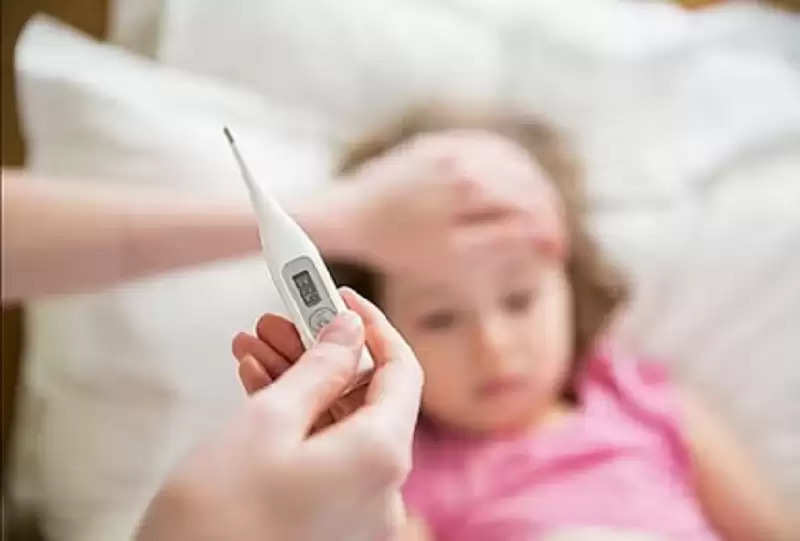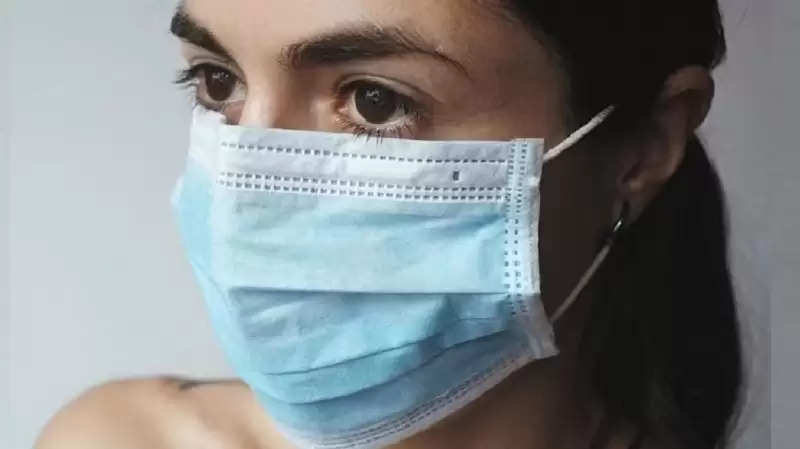Outbreak of H3N2: High risk of serious disease in children, Health Department issued guidelines..

The outbreak of infection of subtype H3N2 of the Influenza-A virus is being seen across the country these days. Cases of viral infection are being reported in several states including Maharashtra, Gujarat, Haryana, Odisha, and Delhi. This variant of influenza is causing serious diseases, and some of the infected are even requiring hospitalization. Health experts are also considering its serious disease as fatal. Keeping in view such an increasing threat, all the people are being advised to take adequate preventive measures.

In recent reports, health experts said that the maximum effect of H3N2 is being seen in children. Children under the age of 5 are also at risk of severe disease and hospitalization. Significantly, along with H3N2, many states are also seeing an increase in H1N1 cases.
Let us know what suggestions have been given by the health experts to prevent the increasing viral infection in the country.
The situation can be controlled by the end of March
The outbreak of seasonal influenza, including H3N2, is expected to decline from the end of March, the Union Health Ministry said in a report. However, till then there is a need for all people to take special precautions to avoid it. At present, cases of corona infection are also being registered in the country, many of whose symptoms may be similar to H3N2.
The difference in symptoms of COVID-19 and H3N2 also needs serious attention. Let us know what kind of problems H3N2 is causing in children.
Risk of severe disease in those under 5 years of age
Dr. Arvind Vashisht says the effect of H3N2 infection is being seen more in children. High fever runny nose and breathing problems are seen in infected children. Children under the age of five are also at a higher risk of developing severe symptoms, in some cases requiring admission to the ICU.
This variant of influenza is causing severe disease, requiring special protection for children as well as the elderly and those with comorbidities.
Don't take antibiotics
Dr. Arvind says, most cases of influenza are cured with simple medicines and rest, but it is advisable to take medicines only on the advice of the doctor. Many people start taking antibiotics on their own, even though antibiotics do not work against the H3N2 influenza virus. Doctors advise parents not to give antibiotics to children on their own. If you are seeing symptoms, then contact the doctor and take only the medicines prescribed by him.
Follow these guidelines
To prevent the H3N2 influenza virus, doctors have suggested some measures, following which you can reduce the risk.
Cover your nose and mouth properly while coughing and sneezing.

Wash hands regularly with water and soap.
Wear a face mask and avoid crowded places.
Avoid touching your nose and mouth.
Keep the body hydrated and consume fluids.
Paracetamol can be taken in case of fever and body aches.
